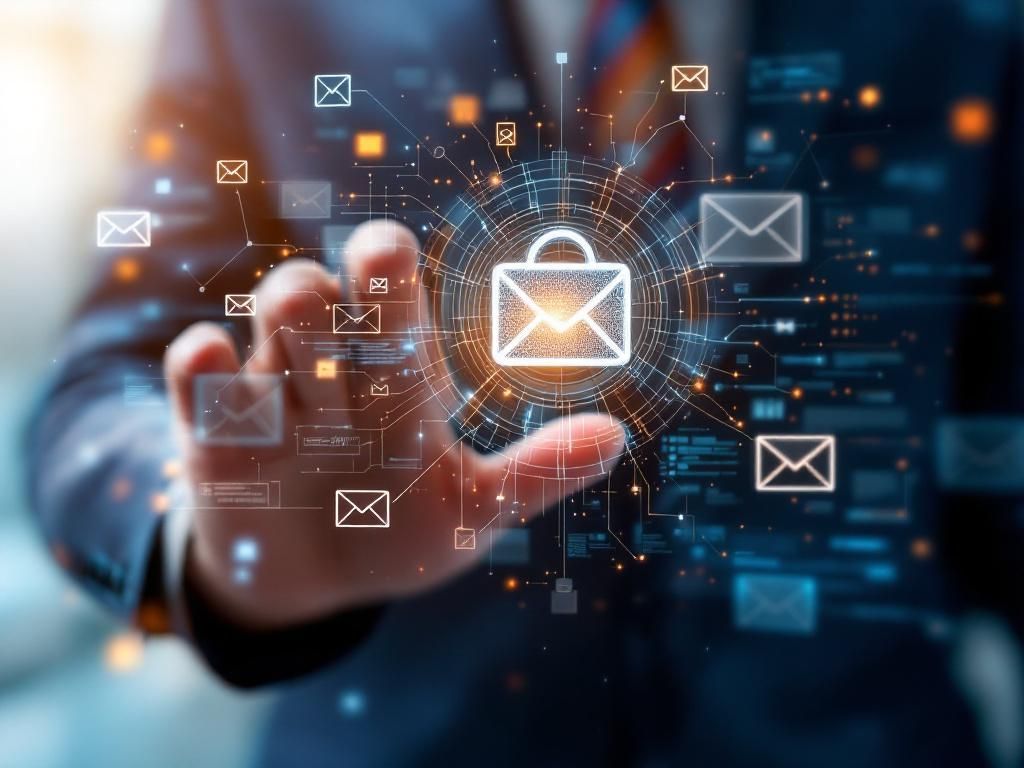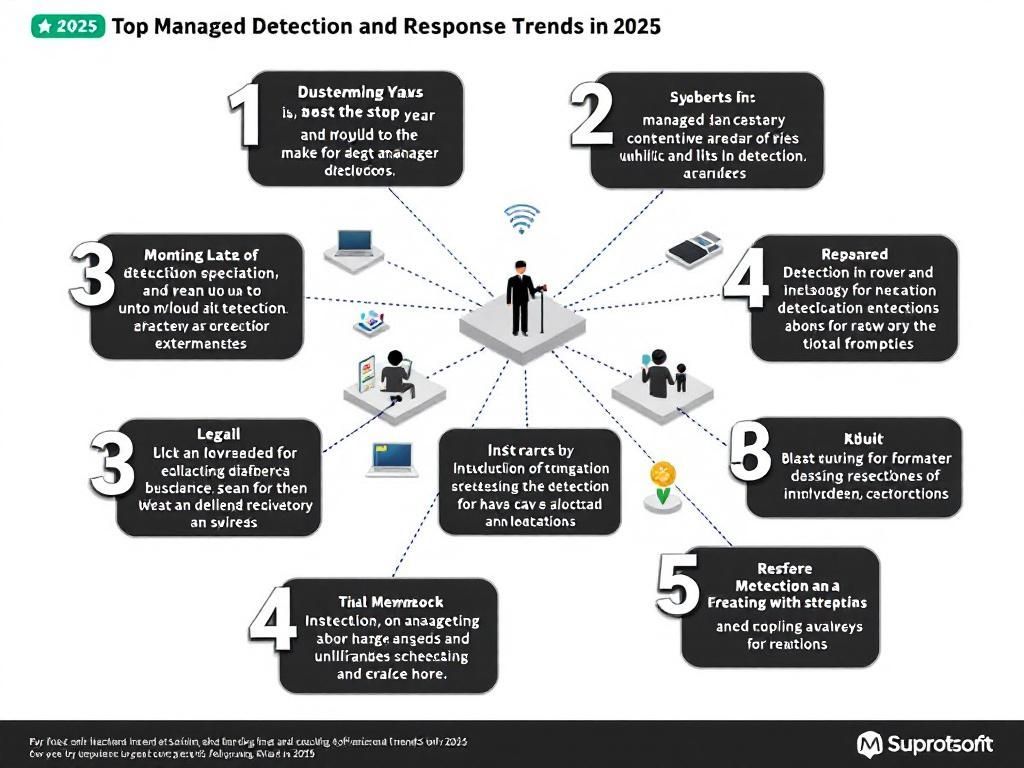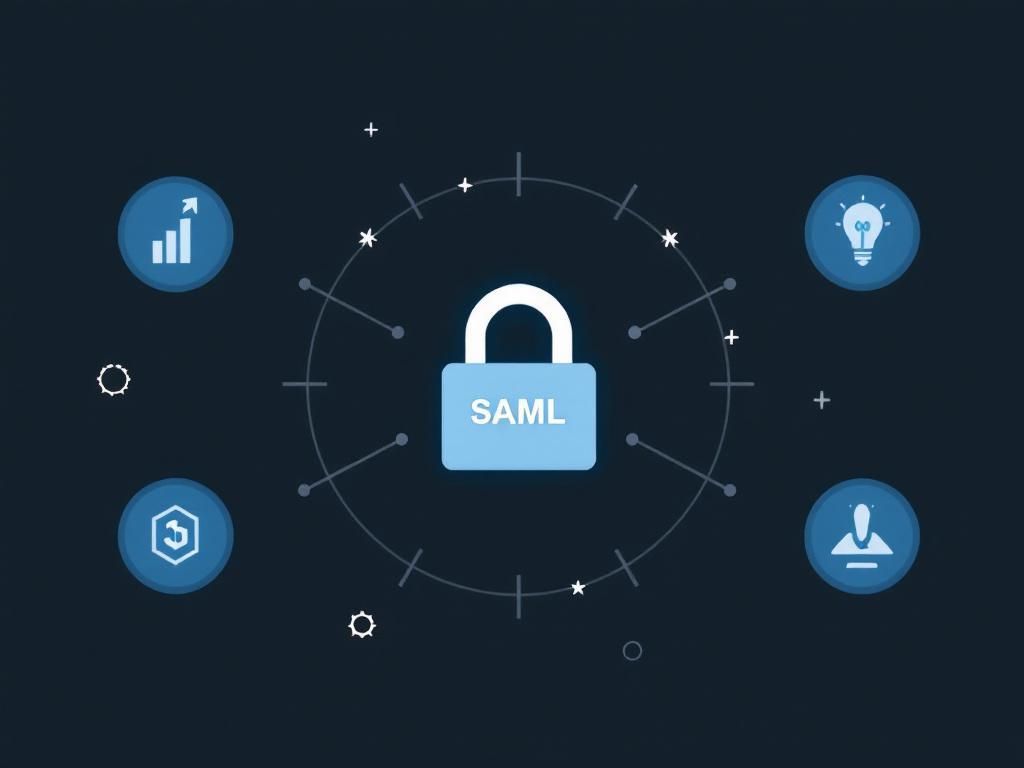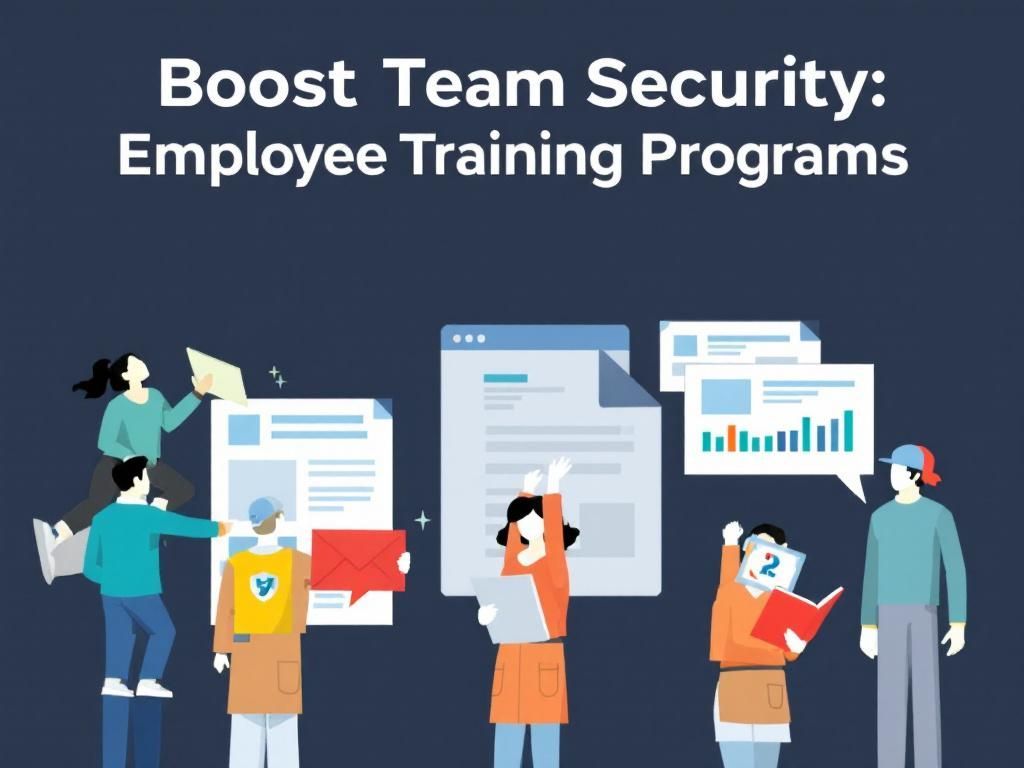Essential Email Security Solutions for Businesses
Discover effective email security solutions to safeguard your business from cyber threats and ensure safe communication.

Email security has become a crucial component of modern business operations. As organizations increasingly rely on electronic communication, the importance of safeguarding these communications cannot be overstated. Cyber threats such as phishing, malware, and data breaches are on the rise, necessitating robust email security solutions to protect sensitive information and maintain trust with clients and partners. In this article, we will explore various email security solutions and best practices to ensure your business remains secure in the digital landscape.
Table of Contents
The Importance of Email Security
Emails are often the primary communication channel for businesses, making them attractive targets for cybercriminals. By understanding the significance of email security, companies can better prepare themselves against potential threats. Here are some key reasons why email security is essential:
- Protection of Sensitive Information: Emails often contain confidential data that, if compromised, can lead to severe financial and reputational damage.
- Compliance with Regulations: Many industries are subject to strict regulatory requirements regarding data protection, such as GDPR, HIPAA, and PCI DSS.
- Preventing Phishing Attacks: Cybercriminals frequently use phishing attacks to deceive employees into divulging sensitive information.
Types of Email Security Solutions
To combat the various threats posed to email communications, businesses can implement several types of email security solutions. Below we discuss some of the most effective options available.
1. Email Filtering
Email filtering solutions help in identifying and blocking spam and malicious emails before they reach the inbox. These solutions typically involve:
- Spam filters that block unsolicited emails.
- Malware detection mechanisms that scan attachments for harmful software.
- URL filtering that checks links within emails for potential phishing sites.
2. Encryption
Encryption protects the contents of an email by rendering it unreadable to anyone without the appropriate decryption key. Encryption can be applied in two primary ways:
- Transport Layer Security (TLS): Encrypts emails in transit between servers.
- End-to-End Encryption (E2EE): Ensures that only the sender and the recipient can read the email content, even during transit.
3. Multi-Factor Authentication (MFA)
Implementing multi-factor authentication adds an additional layer of security beyond just the username and password. Users are required to provide two or more verification factors to access their email accounts, such as:
- Something they know (password)
- Something they have (smartphone app for a time-based code)
- Something they are (biometric identification)
4. Email Archiving
Email archiving is crucial for preserving important communications and meeting compliance obligations. A good archiving solution should:
| Features | Description |
|---|---|
| Storage | Securely store historical emails for future reference. |
| Searchability | Allow users to quickly search and retrieve archived emails. |
| Retention Policies | Enable automated management of email retention based on organizational regulations. |
5. Security Awareness Training
Human error is often a significant factor in email security breaches. Implementing regular security awareness training for employees can significantly reduce risks. Training should cover:
- Recognizing phishing attempts and social engineering tactics.
- Best practices for password management.
- Safe email handling procedures.
Best Practices for Email Security
In addition to deploying email security solutions, organizations should adopt best practices to enhance their email security posture. Here are some recommendations:
Regular Software Updates
Ensuring that all email-related software is kept up to date is crucial for protecting against vulnerabilities. This includes:
- Email clients and applications
- Server software
- Operating systems
Strong Password Policies
Implementing strong password policies can mitigate unauthorized access to email accounts. Consider the following:
- Use complex passwords with a mix of letters, numbers, and symbols.
- Change passwords regularly.
- Avoid using the same password across multiple accounts.
Monitoring and Reporting
Establishing monitoring and reporting protocols can help organizations quickly identify and respond to email security incidents. This includes:
- Alerting IT teams to suspicious activity.
- Regular audits of email security measures.
- Encouraging employees to report phishing attempts or suspicious emails.
Conclusion
Email security is a vital aspect of safeguarding any business in today’s digital environment. By implementing comprehensive email security solutions and adhering to best practices, organizations can protect their sensitive information from cyber threats, ensure compliance with regulations, and maintain the trust of their clients and partners. As cyber threats continue to evolve, it is essential for businesses to stay informed and proactive in their email security strategies.
FAQ
What are email security solutions?
Email security solutions are tools and practices designed to protect your email communications from threats such as phishing, malware, and unauthorized access.
Why is email security important for businesses?
Email security is crucial for businesses to prevent data breaches, protect sensitive information, and maintain customer trust.
What features should I look for in an email security solution?
Look for features such as spam filtering, malware detection, encryption, and email authentication to ensure comprehensive protection.
How can email encryption enhance security?
Email encryption enhances security by converting your email content into a coded format, making it unreadable to unauthorized users.
What is phishing, and how can email security solutions help?
Phishing is a cyber attack where attackers impersonate legitimate entities to steal sensitive information. Email security solutions can help by identifying and blocking phishing attempts.
Are email security solutions suitable for small businesses?
Yes, email security solutions are essential for small businesses to protect against cyber threats and ensure the safety of their communications.








